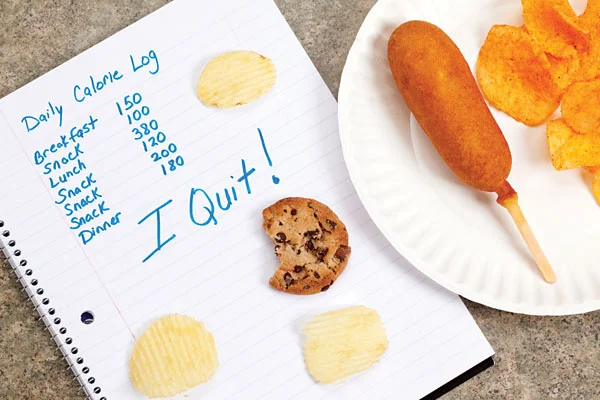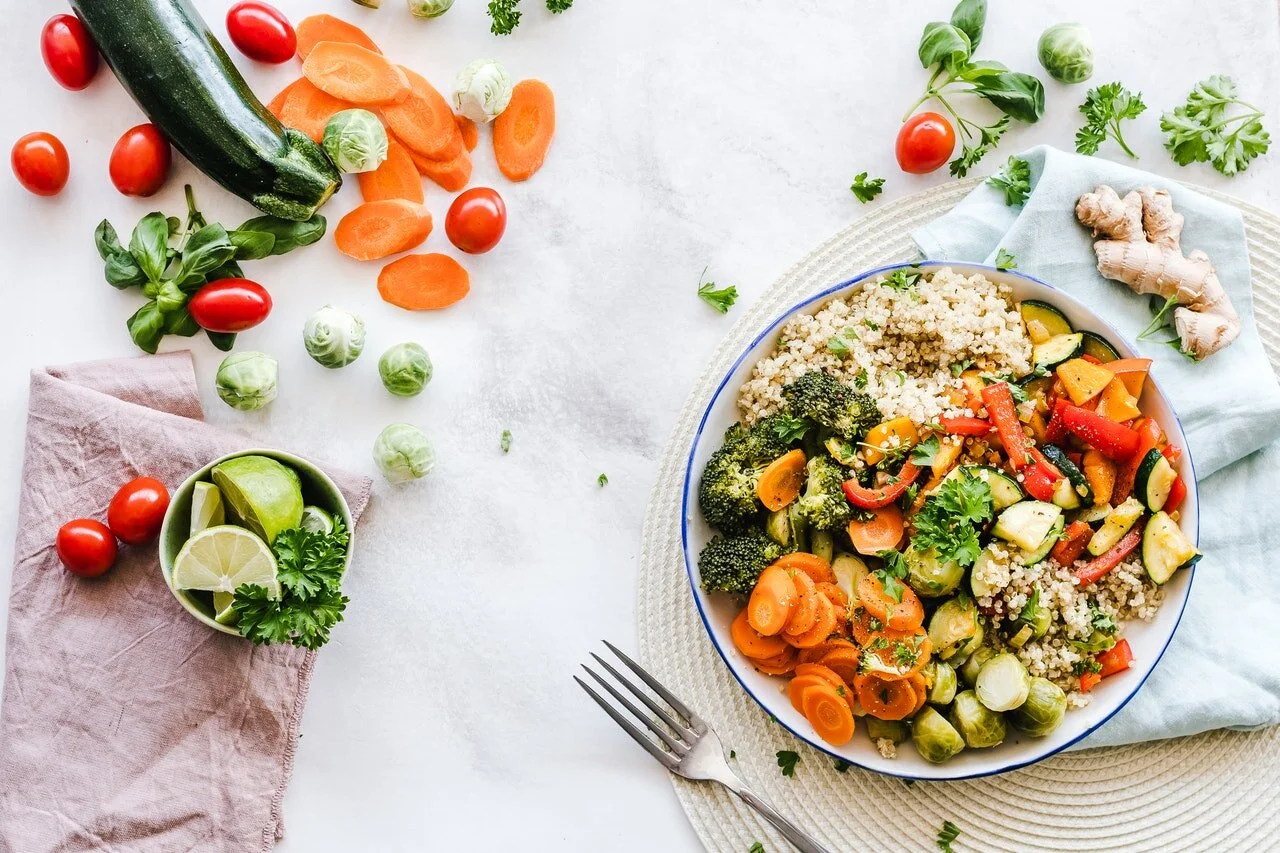Maybe the reason why you’re not losing weight is because you’re not asking yourself the right questions. Write down what you currently eat for 3 days and then ask yourself the following:
How many calories do you typically consume per meal? Most personal training clients lose weight within the daily caloric range of 1200-1500 calories (you must determine the healthiest amount for you). To do this, you must limit your calorie intake to 3-400 calories per meal. Do they exceed this amount? What food items typically push you over the limit? How will you minimize these items?
You always want to eat with intent, and choose the most nutrient dense foods. "Cutting calories is enough for me, thank you, Mr. Personal Trainer," says you in response. The truth is that you're rPersonal Trainer lose 5-10 lbs initially with a caloric deficit. After that, though, you may hit a wall as your body processes the malnutrition of your choices, inflammation, fluctuating blood sugar levels, and more. Consider this - A typical meal should contain the following ratios:
· 45-55% Plant Nutrients/Vegetables (dark green, starchy, red/orange, etc.)
· 25-40% Protein (lean white meat, fish, soy, eggs, vegetables, nuts, beans, etc.)
· 25% Fiber (beans, legumes, fruit, seeds, vegetables, etc.)
What is the typical ratio for each of your meals? Does your meat intake exceed the number of plants on your plate? What do you typically favor for each meal? Are you still following the ‘Food Pyramid’ from the 1970's?
Our bodies are equipped to handle quite a bit. Like the rest of nature, the human body has boundaries, too. The following items have been scientifically proven to cause weight gain, inflammation, and more:
· Grains including whole grains or all-bran products (breads, crackers, rice, cereals, etc.)
· Processed foods (products with additives and preservatives; genetically modified foods; or anything else not in its whole, natural form)
· Dairy (butter, milk, and cheese processed from animals)
· Alcohol, refined sugar, and artificial sweeteners
· Animal protein with high levels of saturated fat (red meat, pork, wild game, etc.)
How much of each item do you typically consume within a meal? a day? What do you choose the most? Which items are you willing to cut out or cut down 15%? 30%? How will you minimize these foods? What tasty options will you substitute? Are you being stubborn (I kid, I kid, I kid…or am I :p)?
How much do you consume of these choices within each meal? Is more than 25% of each meal fruit, whole grains, and simple carbs? Ever wonder why vegans and vegetarians struggle with weight loss? It's most likely a result of their fruit sugar, whole grain, and simple carb (delicious Girl Scout cookies, ALL breads, rice, crackers, chips, candy, ice cream, and everything else devilish that you crave) consumption. Anything above 15 grams of fruit sugar per meal will spike your blood sugar levels...not ideal for losing weight and maintaining stable insulin levels (refined sugars have a worse, quicker acting effect). Simple carbs, as well as whole grains, can do the same. Disclaimer: The fiber in the whole grains will offset this effect in smaller amounts. What is the refined and fruit sugar breakdown of your favorite meals? Are there more nutrient dense alternatives than your typical fruit sugar, grain, and simple carb choices that will provide the fiber you need?
How many calories do you think you consume in a single week from alcohol? If you live in the Midwest, eating and drinking is most likely part of your culture (not your fault :) ). Since alcohol is basically a liquid grain packed with a lot of sugar (of course, there are exceptions), it will also spike your blood sugar levels. If drinking alcohol is part of your diet, what are you willing to exchange in return? In other words…when you order alcohol, what other simple carbs or sugars are you exchanging (i.e. 1 beer instead of 2 scoops of rice)? What low calorie, low sugar alcohol options are you willing to consider to achieve your weight loss goals?
What time do you eat each meal? Timing is everything, and it usually takes 3-5 for proper digestion and absorption. You want to avoid eating more food than your body can process at a given time (you know what happens then). At the same time, you want to limit any nutritional deficiency (who knows how your body will compensate). Do you ever feel stuffed or starved? Do you typically take more or less than 3-5 hours in-between meals?
How often do you snack? You typically eat snacks because you're hungry (or bored...and that's a separate post). Listen to this cue! Erase the idea of snacking though... it's just a filler food choice. You should always eat with intent, and your body is most likely ready for another meal. Choose a combination with the ratio above in mind - even if it's only 100 calories. What thoughtful combination can you substitute? Should you rearrange you meal schedule instead?
Photo Credit:
xbodyconcepts.com–Is weight loss more than calorie tracking? You may need to ask yourself the right questions to find out.
Caloric Amounts
How many calories do you typically consume per meal? Most personal training clients lose weight within the daily caloric range of 1200-1500 calories (you must determine the healthiest amount for you). To do this, you must limit your calorie intake to 3-400 calories per meal. Do they exceed this amount? What food items typically push you over the limit? How will you minimize these items?
Breakdown of Each Meal
You always want to eat with intent, and choose the most nutrient dense foods. "Cutting calories is enough for me, thank you, Mr. Personal Trainer," says you in response. The truth is that you're rPersonal Trainer lose 5-10 lbs initially with a caloric deficit. After that, though, you may hit a wall as your body processes the malnutrition of your choices, inflammation, fluctuating blood sugar levels, and more. Consider this - A typical meal should contain the following ratios:
· 45-55% Plant Nutrients/Vegetables (dark green, starchy, red/orange, etc.)
· 25-40% Protein (lean white meat, fish, soy, eggs, vegetables, nuts, beans, etc.)
· 25% Fiber (beans, legumes, fruit, seeds, vegetables, etc.)
What is the typical ratio for each of your meals? Does your meat intake exceed the number of plants on your plate? What do you typically favor for each meal? Are you still following the ‘Food Pyramid’ from the 1970's?
Inflammation
Our bodies are equipped to handle quite a bit. Like the rest of nature, the human body has boundaries, too. The following items have been scientifically proven to cause weight gain, inflammation, and more:
· Grains including whole grains or all-bran products (breads, crackers, rice, cereals, etc.)
· Processed foods (products with additives and preservatives; genetically modified foods; or anything else not in its whole, natural form)
· Dairy (butter, milk, and cheese processed from animals)
· Alcohol, refined sugar, and artificial sweeteners
· Animal protein with high levels of saturated fat (red meat, pork, wild game, etc.)
How much of each item do you typically consume within a meal? a day? What do you choose the most? Which items are you willing to cut out or cut down 15%? 30%? How will you minimize these foods? What tasty options will you substitute? Are you being stubborn (I kid, I kid, I kid…or am I :p)?
Amount of Fruit Sugars, Grains, and Simple Carbs
How much do you consume of these choices within each meal? Is more than 25% of each meal fruit, whole grains, and simple carbs? Ever wonder why vegans and vegetarians struggle with weight loss? It's most likely a result of their fruit sugar, whole grain, and simple carb (delicious Girl Scout cookies, ALL breads, rice, crackers, chips, candy, ice cream, and everything else devilish that you crave) consumption. Anything above 15 grams of fruit sugar per meal will spike your blood sugar levels...not ideal for losing weight and maintaining stable insulin levels (refined sugars have a worse, quicker acting effect). Simple carbs, as well as whole grains, can do the same. Disclaimer: The fiber in the whole grains will offset this effect in smaller amounts. What is the refined and fruit sugar breakdown of your favorite meals? Are there more nutrient dense alternatives than your typical fruit sugar, grain, and simple carb choices that will provide the fiber you need?
Alcohol
How many calories do you think you consume in a single week from alcohol? If you live in the Midwest, eating and drinking is most likely part of your culture (not your fault :) ). Since alcohol is basically a liquid grain packed with a lot of sugar (of course, there are exceptions), it will also spike your blood sugar levels. If drinking alcohol is part of your diet, what are you willing to exchange in return? In other words…when you order alcohol, what other simple carbs or sugars are you exchanging (i.e. 1 beer instead of 2 scoops of rice)? What low calorie, low sugar alcohol options are you willing to consider to achieve your weight loss goals?
Timing of Meals
What time do you eat each meal? Timing is everything, and it usually takes 3-5 for proper digestion and absorption. You want to avoid eating more food than your body can process at a given time (you know what happens then). At the same time, you want to limit any nutritional deficiency (who knows how your body will compensate). Do you ever feel stuffed or starved? Do you typically take more or less than 3-5 hours in-between meals?
Number of Snacks
How often do you snack? You typically eat snacks because you're hungry (or bored...and that's a separate post). Listen to this cue! Erase the idea of snacking though... it's just a filler food choice. You should always eat with intent, and your body is most likely ready for another meal. Choose a combination with the ratio above in mind - even if it's only 100 calories. What thoughtful combination can you substitute? Should you rearrange you meal schedule instead?
Photo Credit:
xbodyconcepts.com–Is weight loss more than calorie tracking? You may need to ask yourself the right questions to find out.































